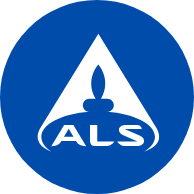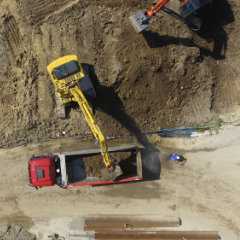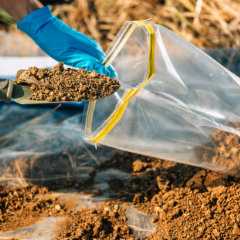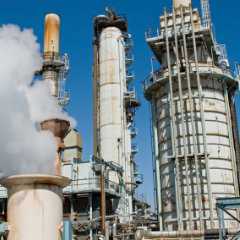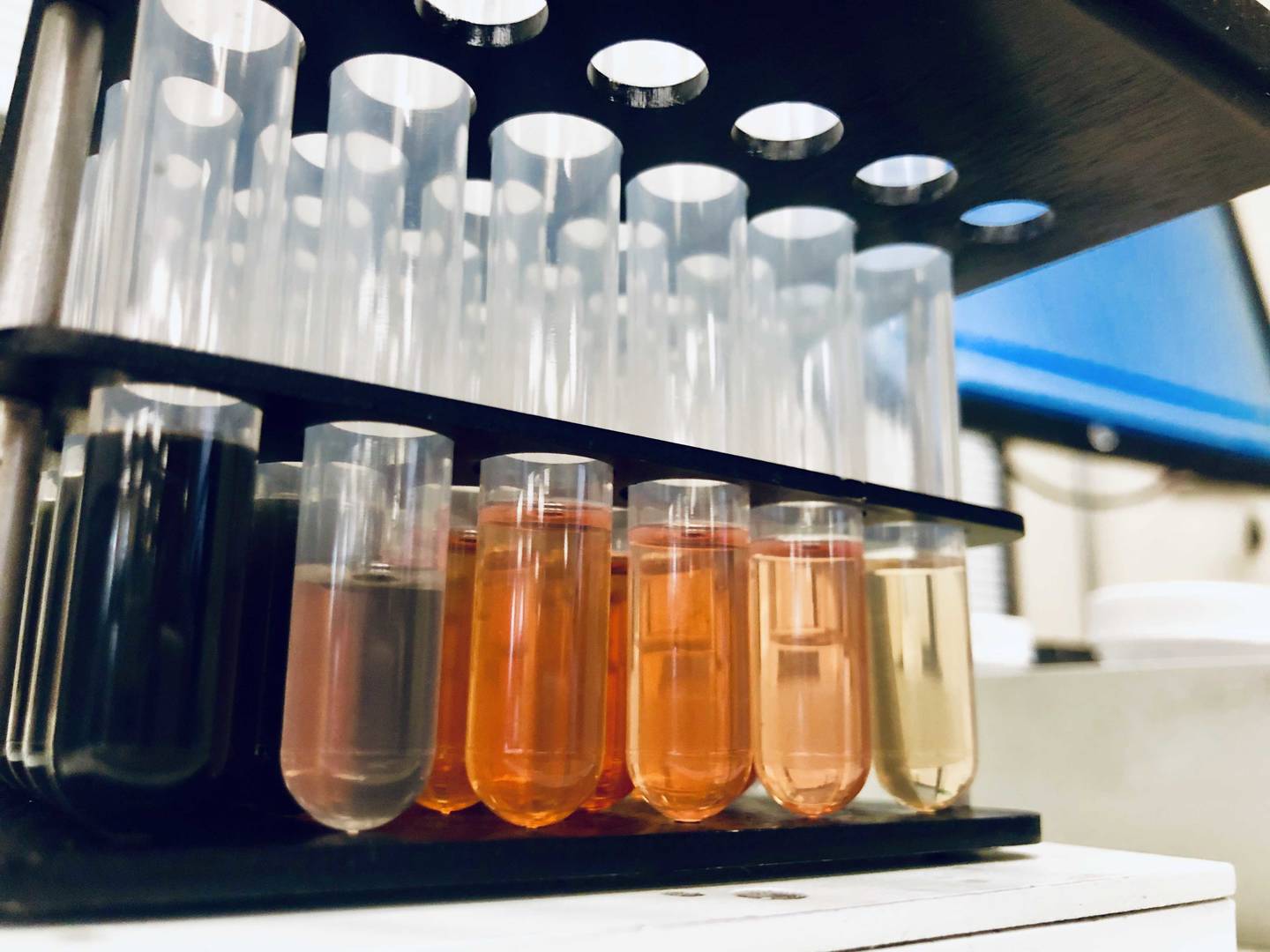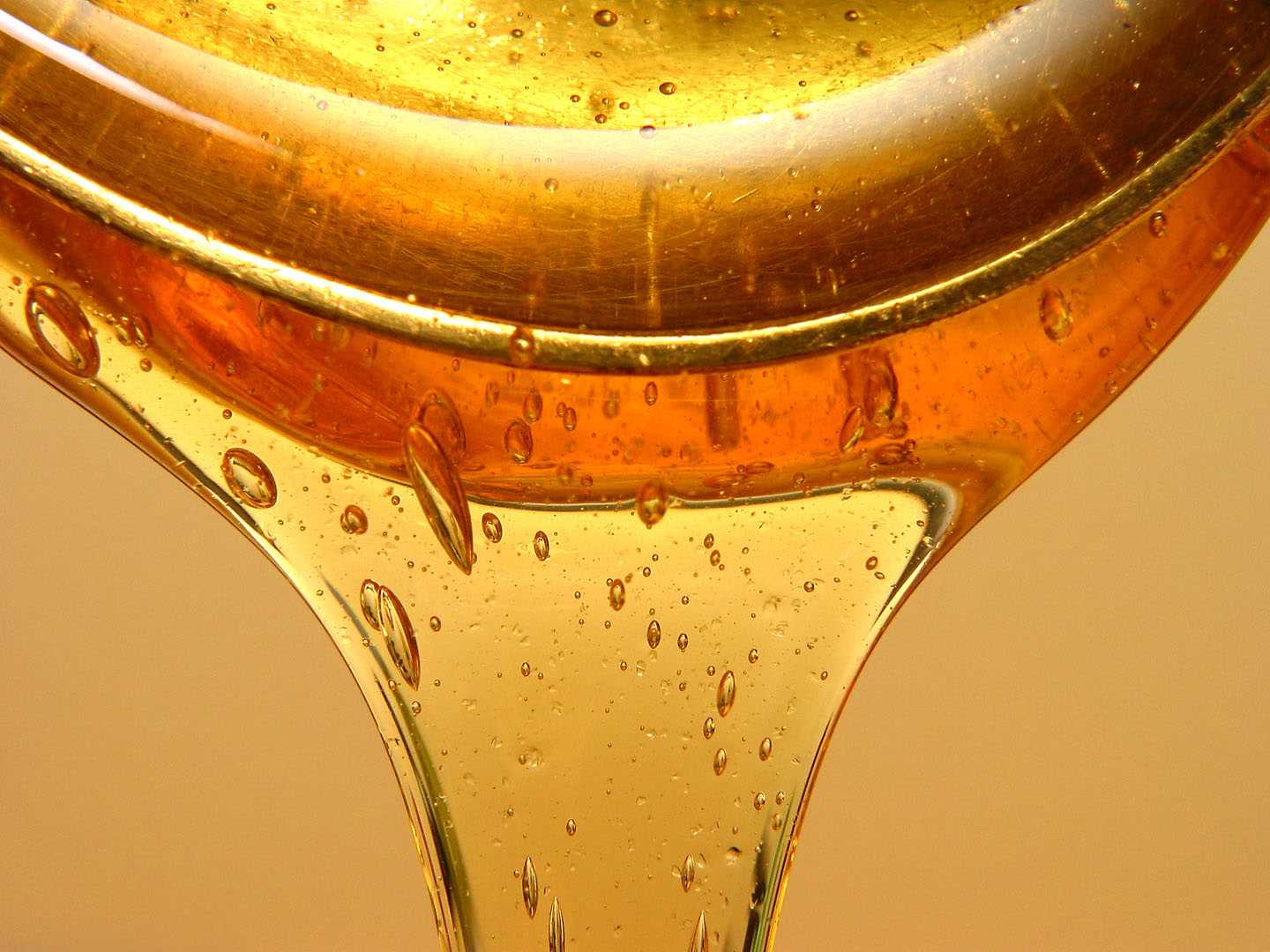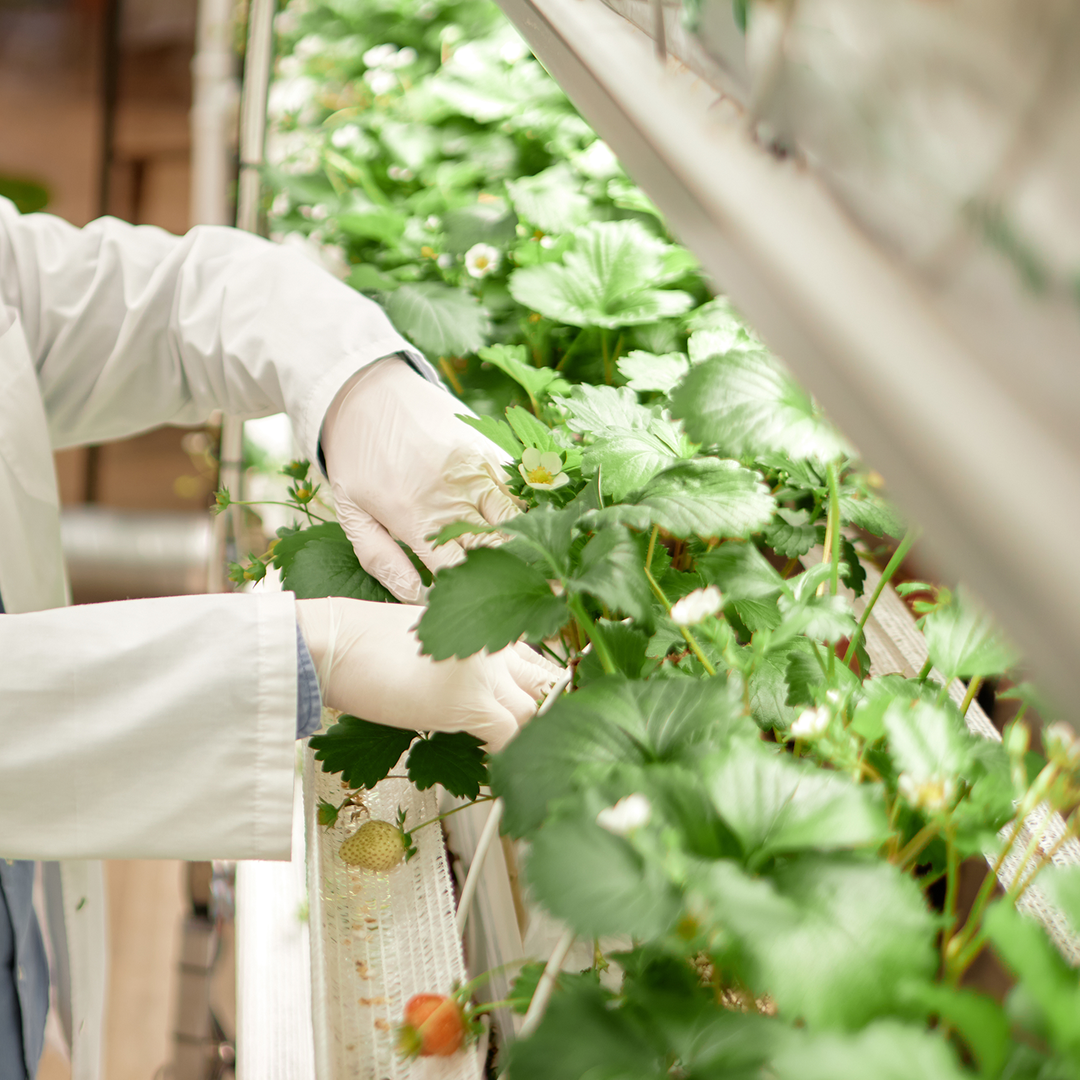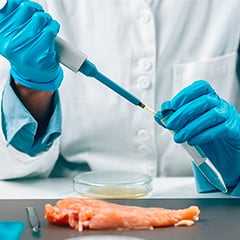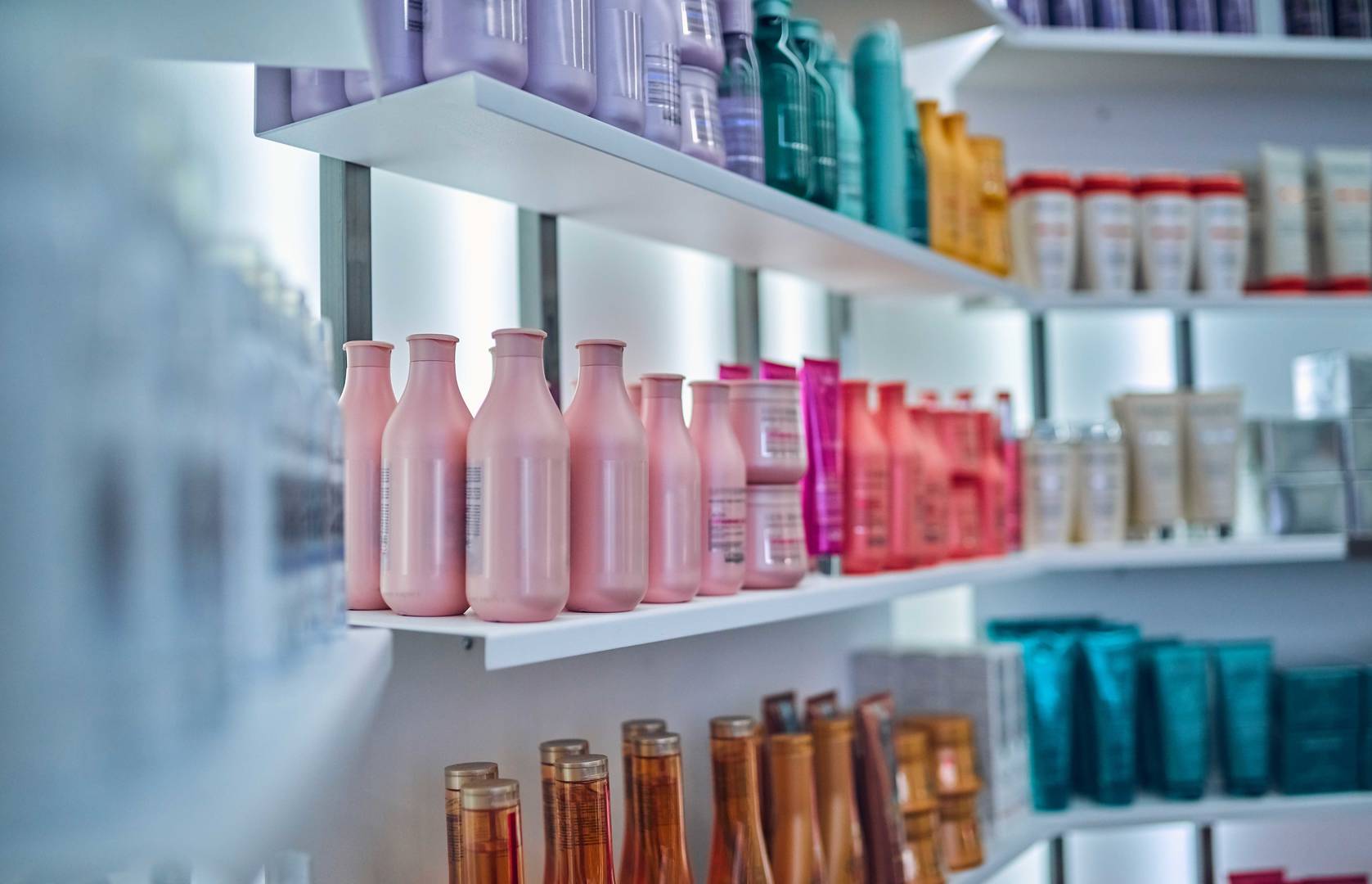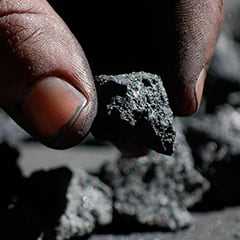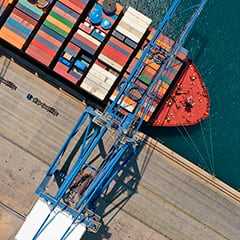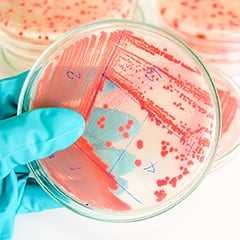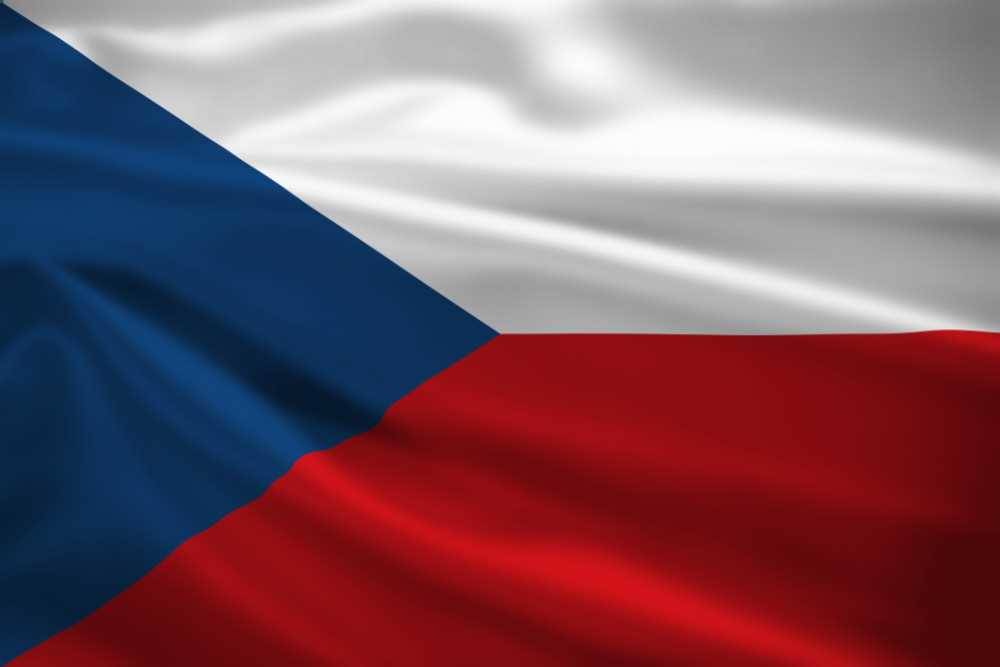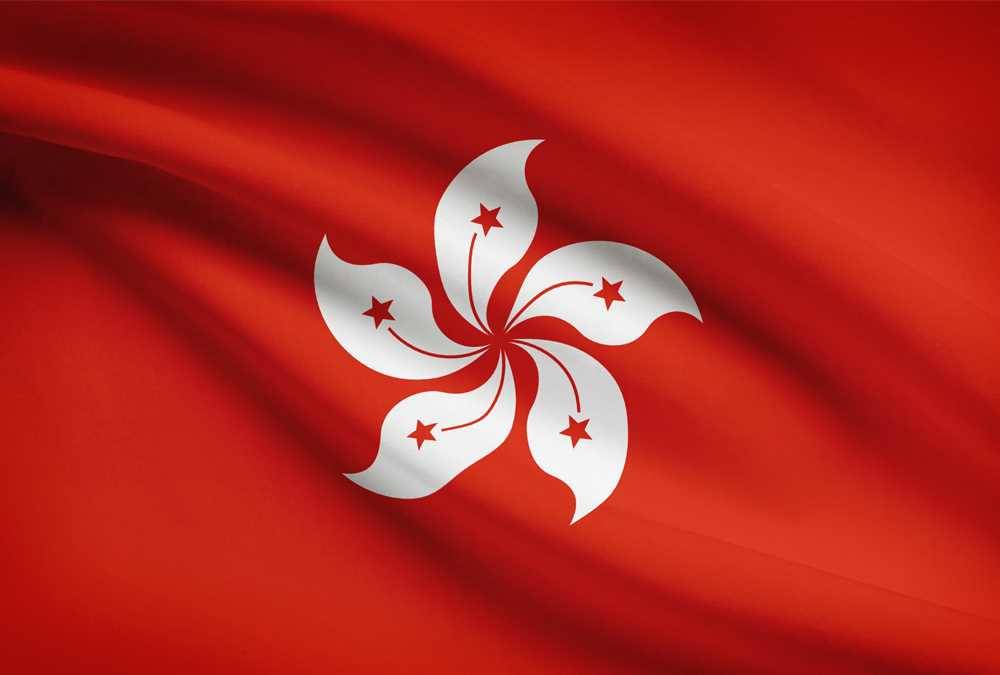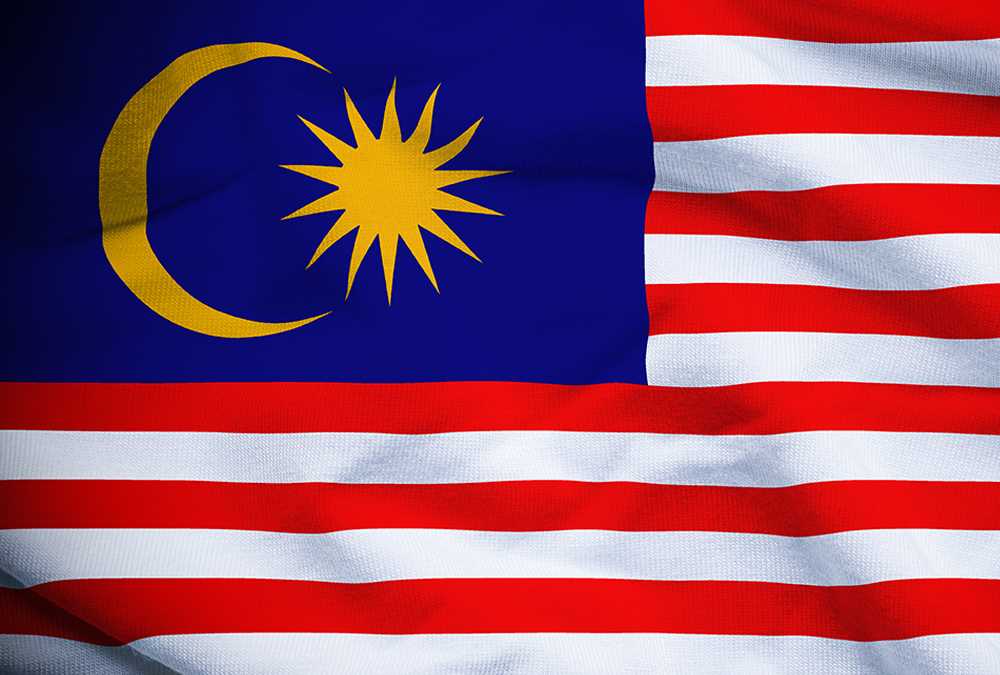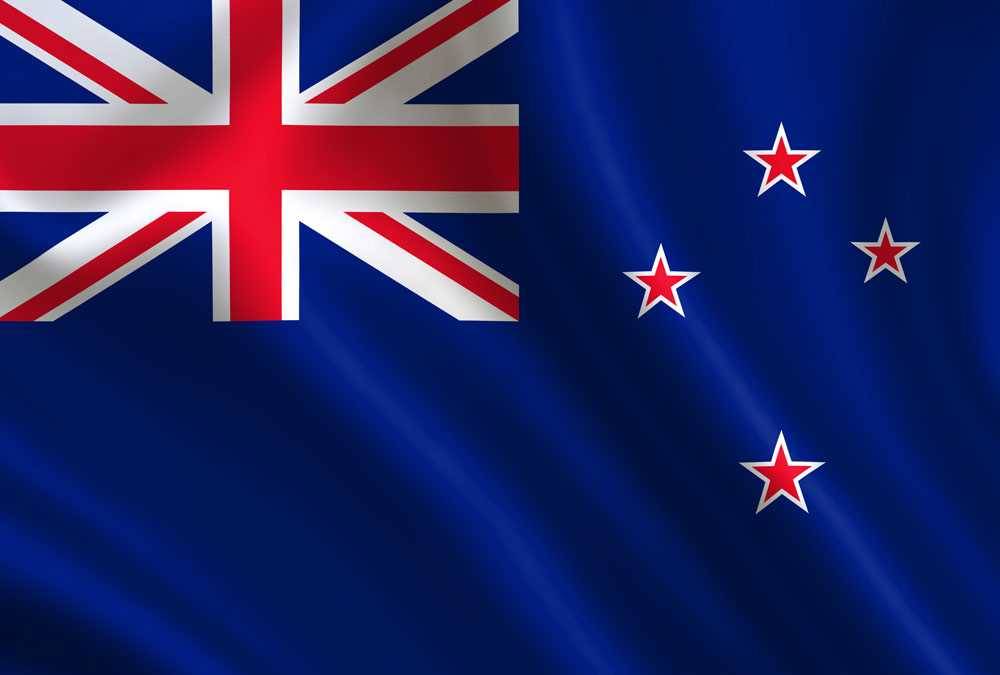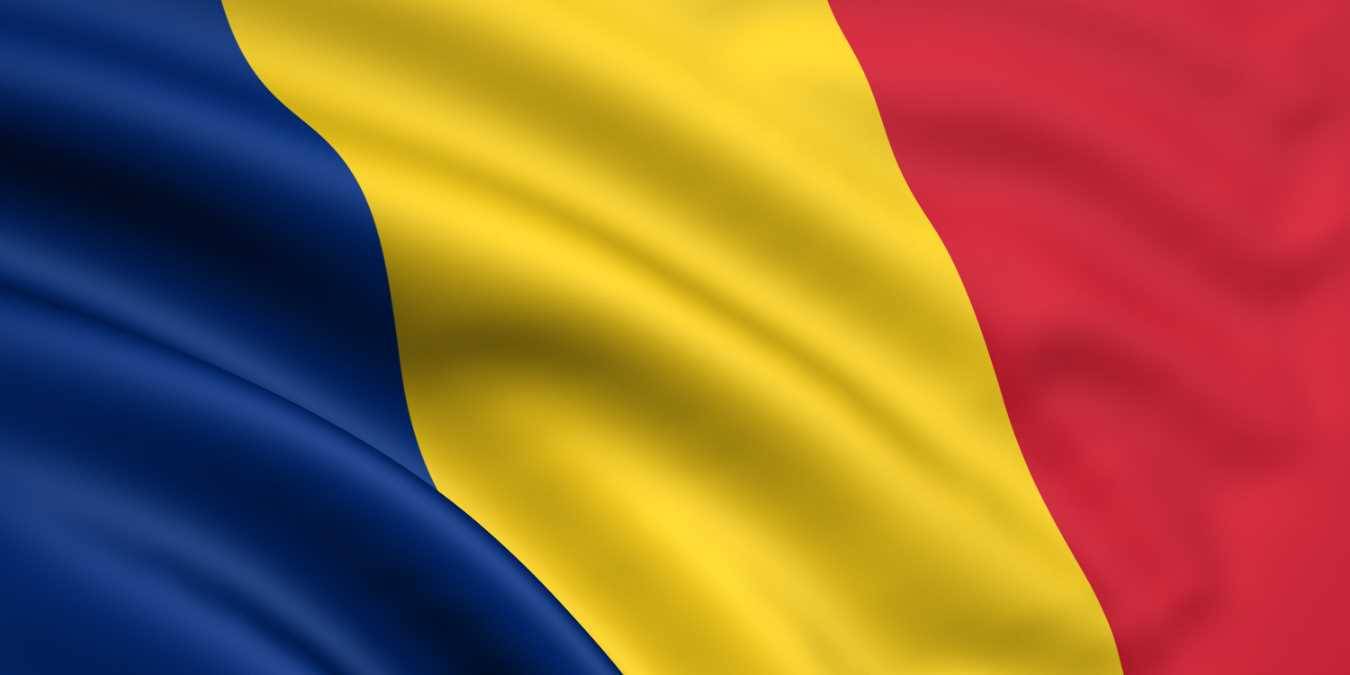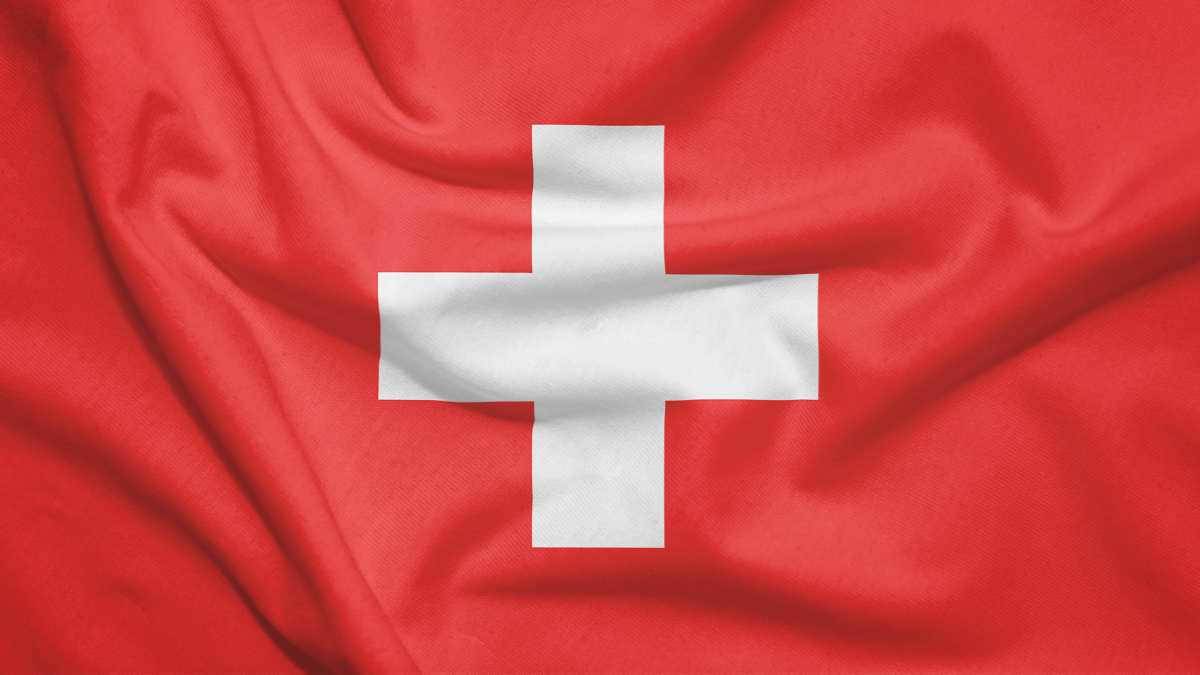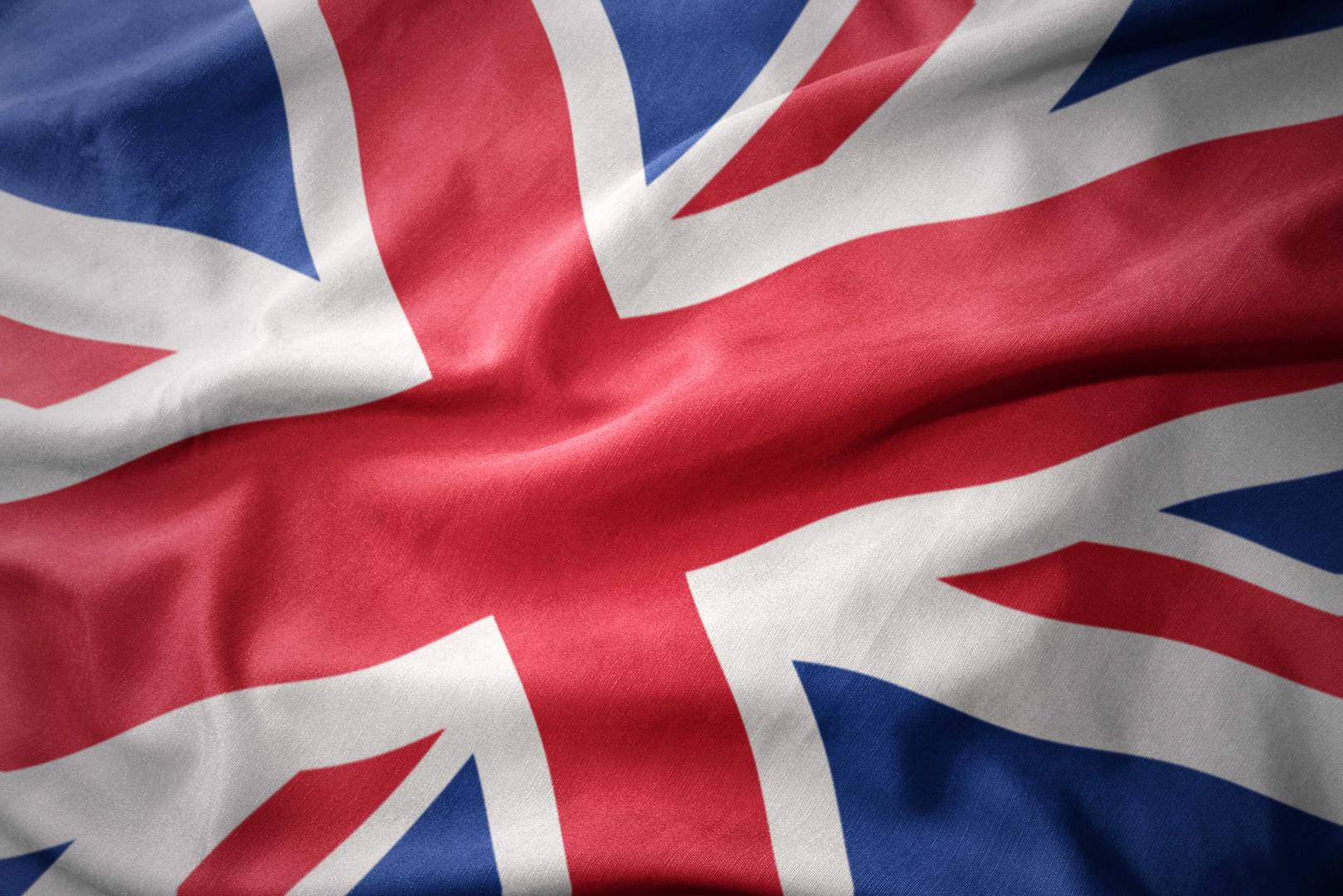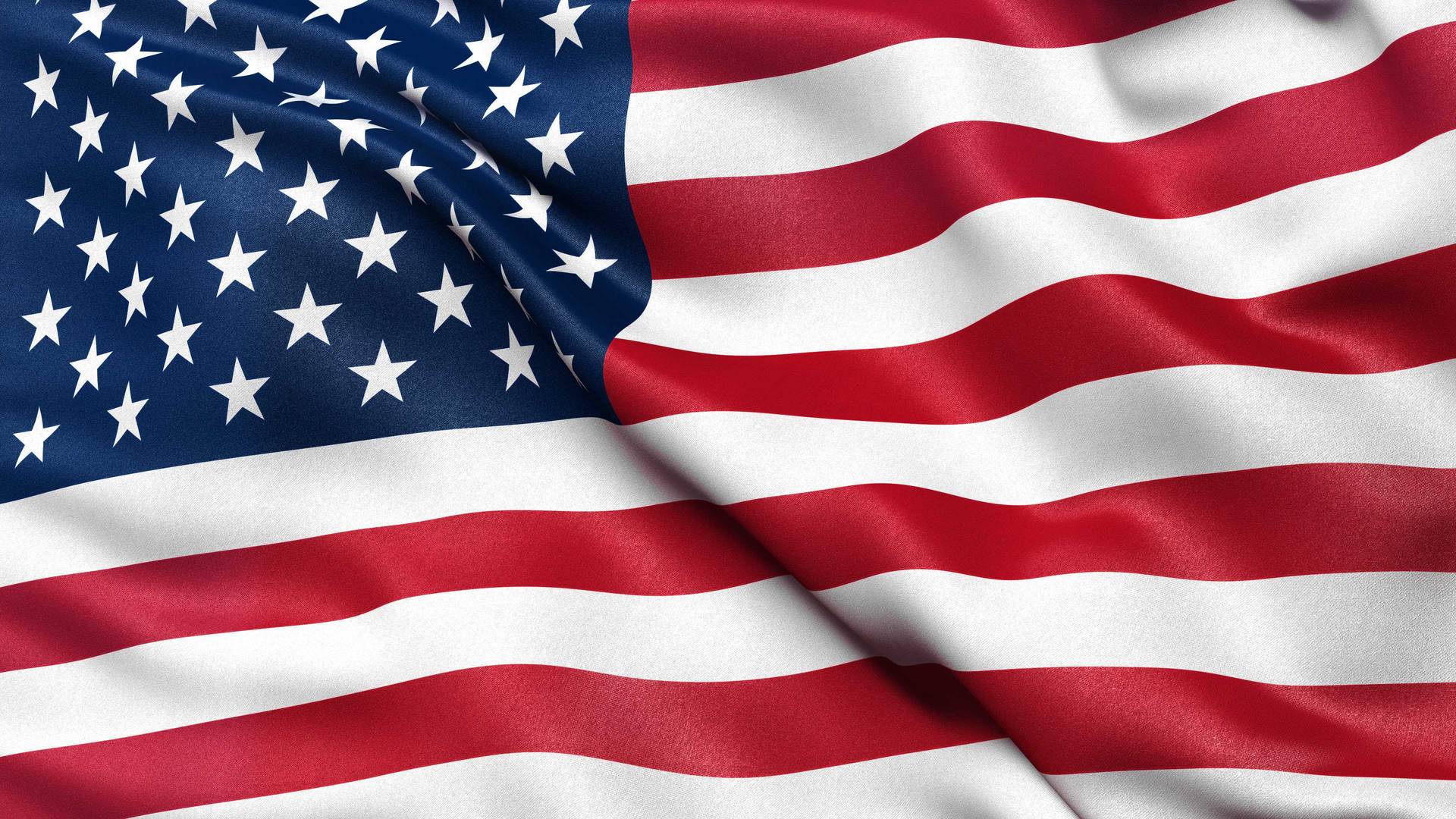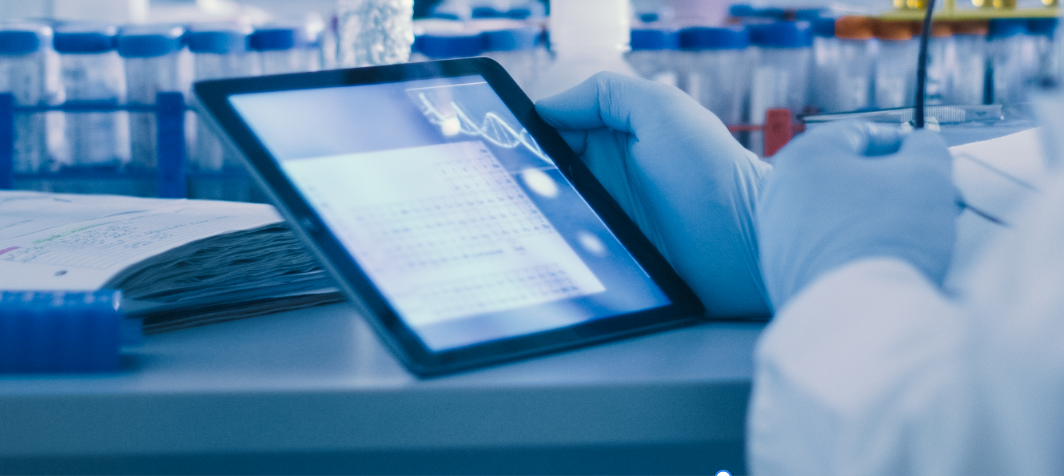EnviroMail 128 Australia - Revised PFAS Bottle Requirements
Changes to PFAS sample container requirements - reduced volumes
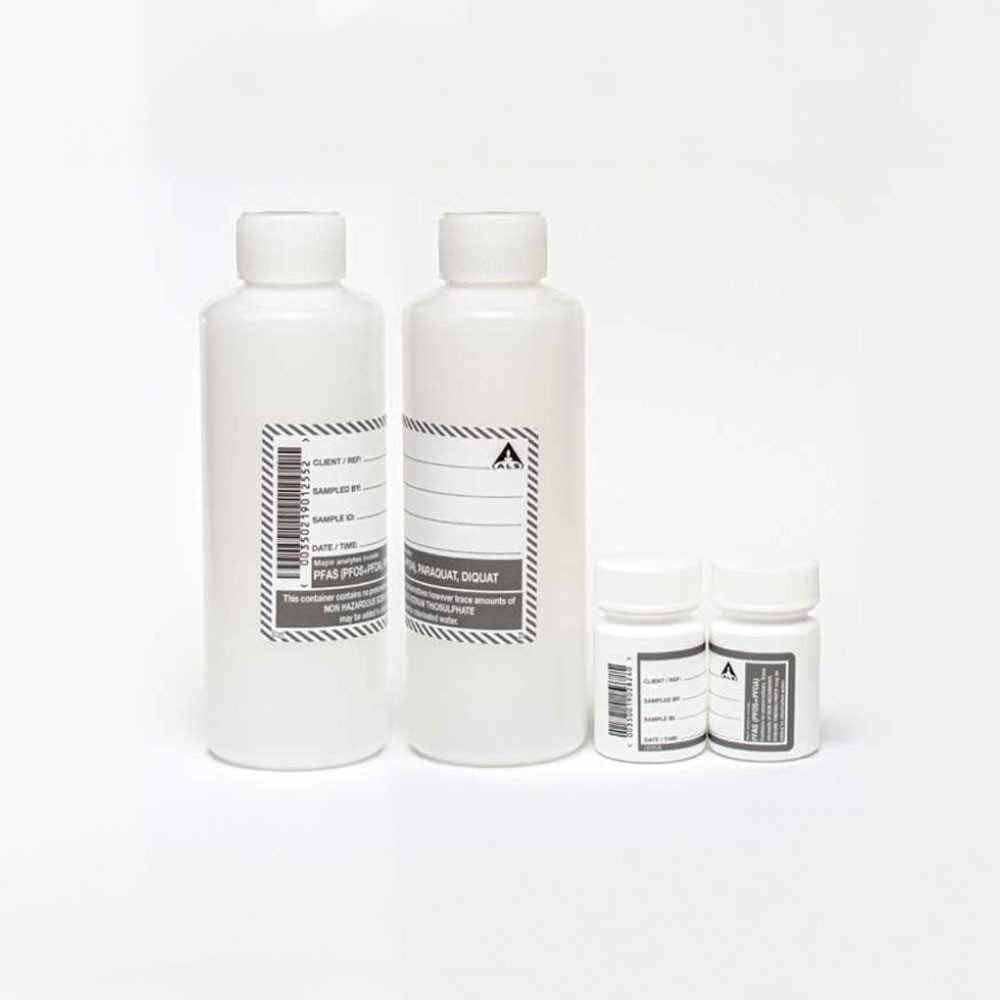
With waste reduction, sampling ease of use, and logistics efficiency in mind, ALS has added a 20 mL option to the container set for PFAS in water (along with revised container considerations for Super-Trace and Super Ultra-Trace PFAS methodologies). A new 20 mL volume will be used for analysis of either Standard-level (EP231) or Low-level (EP231-LL) PFAS water methods. A 125 mL container is required for Super-Trace analysis (EP231-ST) and Super Ultra-Trace analysis (EP231-SUT).
In consideration of the sensitive nature of PFAS analysis, and more easily facilitated by the reduced sample container volume requirements, ALS strongly recommends two containers be provided per sample to enable confirmation re-analysis where required. To facilitate this, sample containers will be provided in packaged pairs (like Volatile Organic analysis which is standard practice for the industry).
For the TOP Assay (EP231(TOP) and EP231-LL(TOP)) and Total Organic Fluorine (EP040) methodologies a single 60mL container will be used. Sample container requirements for soil/solid samples remain unchanged; a single 125mL jar for all methods on soils/solids.

Additional Container Requirements for Laboratory QA/QC
To perform laboratory QA/QC (duplicates and matrix spikes), additional containers are required, dependent on the quantity of samples submitted for PFAS analysis. Laboratory QA/QC specifications are based on meeting the minimum requirement of 2 x duplicates and 1 x Matrix Spike per 20 real samples. The additional bottle requirements for each set of 20 samples are as follows:
Submission of 1-10 samples in total
- One additional pair of containers for the duplicate analysis, plus
- One additional pair of containers for the matrix spike analysis.
Better practice is to source the additional sample aliquots for duplicate versus spike analysis from alternate locations. In practice this might look like an additional pair of sample containers from field location one and an additional pair of sample containers from field location two (with ten or fewer sampling locations)
Submission of 1-20 samples in total
- In addition to the above, one additional pair of containers for the second duplicate analysis (i.e. providing two sets of duplicates in total)
Submission of +20 samples in total
- Repeat above in increments of 20 sample lots.
The additional containers requested will facilitate the laboratory to comply with the method requirements of the latest iteration of the QSM, version 5.3 for PFAS analysis.
A summary of container requirements is provided below.
Table 1. Revised Bottle Requirements for PFAS Analysis
| Analytical suite | ALS Method Code | LOR | Container requirements | ||||
| Sample | Lb QA/QC | Top Assay | |||||
| Standard level | Short suite - 12 analytes |
EP231 | 0.01-0.1 |
2 x 20 mL |
1 to 10 samples submitted 11 to 20 samples submitted 1 pair – 1st Duplicate |
1 x 60 mL | |
| Full suite - 28 analytes |
EP231X | ||||||
| Low level | Short suite - 12 analytes |
EP231-LL | 0.002-0.01 | 2 x 20 mL | 1 x 60 mL | ||
| Full suite - 28 analytes |
EP231X-LL | ||||||
| Super trace | Short suite - 12 analytes |
EP231-ST | 0.0003-0.002 | 2 x 125 mL | N/A | ||
| Full suite - 28 analytes |
EP231X-ST | ||||||
| Super ultra trace |
Short suite |
EP231-SUT | 0.0002-0.002 | 2 x 125 mL |
N/A | ||
| Full suite - 28 analytes |
EP231X-SUT | ||||||
NOTE: Water samples for Total Organic Fluorine (TOF) analysis require 1 x 60mL container (which is sufficient for sample and QA/QC aliquots). Soil samples for PFAS analysis require 1 x 125mL jar (which is sufficient for sample and QA/QC aliquots).
If the ALS Compass App with associated barcode sample identification is not being used for field sampling, it is important to label each container individually (rather than the packaging) as the containers will be separated from the packaging when processed in the laboratory.
US Department of Defense QSM 5.3 Compliance
The Quality Services Manual (QSM) issued by the US Department of Defense (DoD) and Department of Energy (DoE) details protocols and quality specifications for PFAS analysis (Table B-15). ALS has validated methodologies to be compliant with the latest iteration of the QSM, version 5.3 for PFAS analysis. These procedures will be adopted as standard for all PFAS analysis conducted by ALS. In terms of extraction of aqueous samples, QSM protocols require the entire sample plus bottle rinsate be extracted by Solid-Phase Extraction (SPE). To support QSM 5.3, ALS has moved to single-use sample containers for water matrices, supplied in duplicate to facilitate reanalysis as required.
Transition to Revised Sample Containers
During the transition period, ALS will continue to provide PFAS analysis via the legacy sample containers (i.e. sample bottle orders already supplied to clients will see a business as usual approach).
From Monday 2nd December all future PFAS bottle orders will reflect the updated sample container volumes and requirements.
Clients wanting to restock their existing PFAS sample container inventory should do so through discussion with their Client Service representative on an as required basis.
If unsure of the exact container requirements of your sampling event, please contact your local Client Services representative.
Laboratory Triplicate Analysis
ALS continues to suggest that best practice sees clients source bottles for their triplicate interlaboratory samples (whether triplicates coming to ALS or triplicates being sent to an alternate service provider) from the final destination laboratory undertaking the testing. Should this not be possible, ALS will make all reasonable effort to see that triplicate samples received and tested by ALS will be via the revised methodology as the default.
Get in touch with us
If you have any questions relating to digital platforms for clients, please contact:
Brisbane
Sydney
Melbourne
Perth
